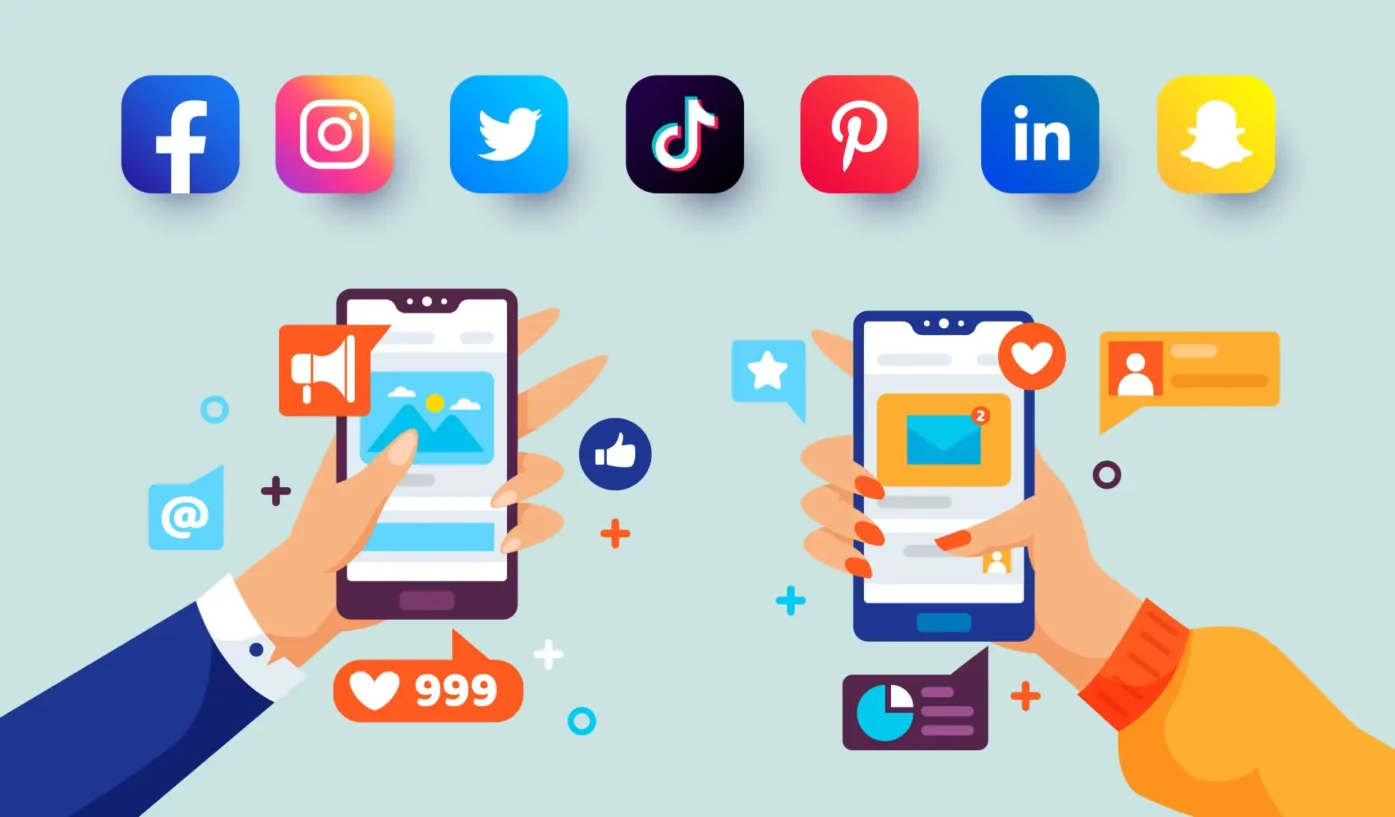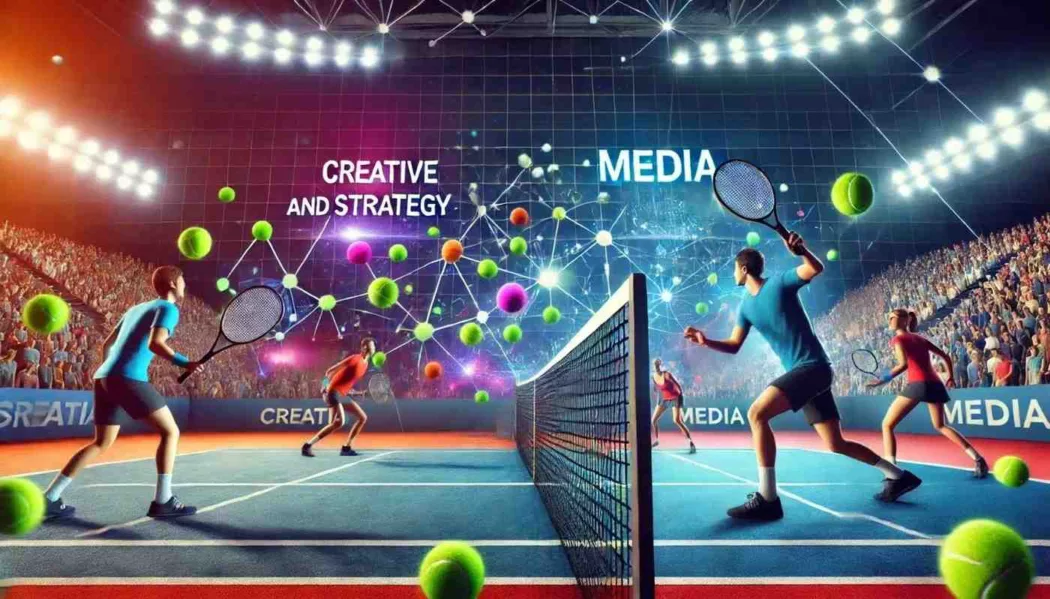ChatGPT: Transforming FMCG Marketing in 2024
01.01.2023Discover the transformative power of ChatGPT for FMCG marketing in 2024. Learn how AI personalises marketing and boosts operational efficiency.

The digital marketing landscape is ever-evolving, and as we step into 2024, it’s clear that artificial intelligence (AI) has carved out a significant niche. In the bustling arena of Fast-Moving Consumer Goods (FMCG), companies are harnessing AI to ensure they not only keep pace but set the trends. ChatGPT stands at the forefront of this revolution, offering cutting-edge solutions that promise to transform how brands interact with their customers.
Understanding ChatGPT in the Context of FMCG

ChatGPT has seen remarkable advancements this year, swiftly becoming an indispensable tool for customer service within the FMCG sector. It offers real-time, personalised marketing interactions, shifting the customer experience from transactional to conversational. This AI marvel isn’t just about technology; it’s about forging deeper connections between brands and their audiences, paving the way for a new era of personalised marketing with chatGPT.
The integration of chatGPT in FMCG marketing strategies has redefined customer engagement. AI’s role is no longer supportive but central to crafting marketing narratives that resonate on a personal level. For FMCG brands, it’s not just about selling a product; it’s about creating an experience tailored to each individual, and chatGPT is the key to unlocking this potential.
Leveraging ChatGPT for Consumer Insights
Collecting and analysing consumer data has reached new heights with ChatGPT’s integration into FMCG marketing. By engaging in natural conversations, this tool can gather nuanced feedback on purchasing habits, product preferences, and customer satisfaction levels. Marketers are tapping into these dialogues, extracting rich insights previously buried in impersonal surveys or overlooked in big data analytics.
Imagine a scenario where ChatGPT helps an FMCG brand understand why a product isn’t performing well in a certain region. Through conversational analysis, the brand discovers a cultural nuance affecting perception. With this actionable insight, they tweak their campaign, resonating more authentically with the local audience and subsequently improving sales.
Harnessing these insights for product development leads to innovation that meets consumer needs more precisely. Marketing strategies also become sharper, targeting customers with messages that speak directly to their desires and concerns. It’s a strategic pivot—moving from a one-size-fits-all approach to a tailored dialogue that enriches the customer’s journey with the brand.
ChatGPT Versus Other Technologies

When placed side by side with other AI marketing tools of 2024, ChatGPT stands out for its sophisticated language model and ability to maintain context over prolonged interactions. This is crucial in providing customer service that doesn’t just answer questions but understands the customer’s entire history with the brand. Personalised marketing with ChatGPT thus becomes not just a buzzword but a tangible reality.
While other AI tools might excel in specific tasks, ChatGPT’s versatility in handling a wide range of queries sets it apart. Its capability to learn and adapt to different industry jargon and consumer behaviours makes it particularly valuable in the diverse world of FMCG. ChatGPT doesn’t just follow scripts—it creates conversations that can pivot as per the flow of dialogue, much like a human would.
In an industry where timing is everything, the speed at which ChatGPT operates puts it leagues ahead of its counterparts. It offers FMCG companies the agility to respond to market changes at an unprecedented rate, crafting marketing responses or adjusting campaigns on the fly. The result is a more dynamic, responsive marketing strategy that keeps pace with the rapid heartbeat of consumer trends.
Ethical Marketing with ChatGPT
Employing ChatGPT in marketing raises critical ethical considerations. A primary concern is ensuring that AI respects consumer privacy and upholds trust. Marketers must be transparent about how they collect and use data, providing clear opt-out options for those who do not wish to engage with AI. Regular audits of chatbot conversations help safeguard against biases and maintain ethical standards.
Trust in AI technology is foundational for its successful application in FMCG marketing. Companies are establishing best practices by seeking consent before data collection, anonymising personal information, and being upfront about the AI’s role in conversations. They’re setting the stage for a marketing ecosystem that values ethical interactions as highly as it does strategic outcomes.
Enhancing Content Personalisation with ChatGPT

ChatGPT has revolutionised the creation of personalised content in marketing. By analysing individual customer interactions, AI can craft product recommendations and content that feel tailor-made. Techniques involve utilising ChatGPT’s learning algorithms to identify patterns in customer preferences and behaviour, allowing for dynamically generated content that adapts to the consumer’s evolving tastes.
The role of ChatGPT in crafting personalised customer journeys is becoming more pivotal. By engaging in a two-way dialogue, the AI can guide customers through a marketing funnel that feels less like a funnel and more like a natural progression of their interests and needs. This not only enhances the customer experience but also builds a relationship between the consumer and the brand, fostering loyalty and encouraging repeat business.
Cost Efficiency and Automation
ChatGPT’s integration into customer service has streamlined operations, slashing response times and significantly reducing the need for large customer service teams. Brands have reported considerable cost savings by automating routine inquiries, which allows their human staff to focus on more complex, high-value interactions. Operational efficiencies also emerge from ChatGPT’s ability to manage multiple customer interactions simultaneously, negating the need for an extensive workforce.
Future Projections

Looking beyond 2024, experts forecast that AI in FMCG marketing will become more nuanced and integrated. They anticipate AI capabilities that can predict consumer trends and automate entire marketing campaigns, offering personalisation indistinguishable from human interaction. To stay ahead, companies must invest in AI literacy for their teams and develop agile strategies that can adapt as AI technologies evolve.
Conclusion
Throughout this exploration of ChatGPT’s role in FMCG marketing, its potential to enhance customer engagement and streamline operations has been clear. While it presents new ethical considerations and requires a commitment to consumer privacy, the benefits are tangible. Embracing AI technology is not just recommended; it’s imperative for future success in the FMCG landscape.
As we reflect on the advancements and possibilities, FMCG marketers are urged to consider how ChatGPT technology could transform their strategies and operations. To explore the potential of AI for your brand and ensure you’re at the forefront of this technological evolution, reach out to REBORN. Let’s pioneer the future of marketing together.










